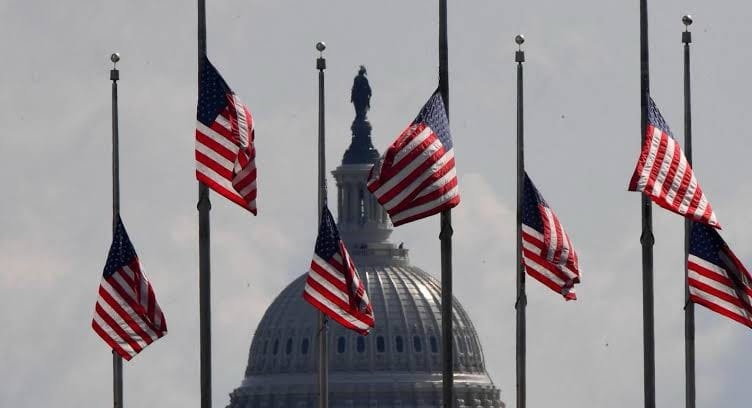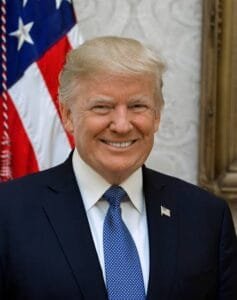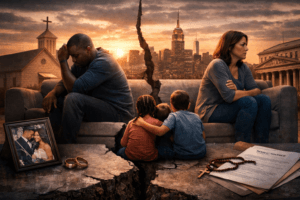A shot across democracy: The urgent need for safety in political discourse
This incident marks the second serious threat to Trump’s life in just over two months, raising alarm bells about the security measures in place for former presidents.

The recent assassination attempt on Donald Trump at his golf club in Florida has reignited discussions about the safety of public figures and the rising tide of political violence in the U.S. On September 15, 2024, a man named Ryan Wesley Routh was apprehended after attempting to shoot Trump while he was golfing. This incident marks the second serious threat to Trump’s life in just over two months, raising alarm bells about the security measures in place for former presidents.
The FBI is treating this as a significant security breach, particularly given that Trump was reportedly only 300 to 500 yards away from the shooter, who was armed with an AK-47 style rifle and appeared intent on recording the event Despite Trump’s safety, the implications of such a brazen act cannot be understated. It reflects a troubling normalization of political violence that threatens the fabric of American democracy.

In the wake of the incident, both President Biden and Vice President Harris condemned the attempt on Trump’s life, emphasizing that political violence has no place in America. The response from officials underscores a shared recognition that the safety of public figures must be prioritized, regardless of political affiliation. Biden’s administration pledged to ensure that the Secret Service has the necessary resources to protect Trump effectively.
This incident should serve as a wake-up call for all political leaders and citizens alike. The polarization of the political landscape has created an environment where some individuals feel justified in resorting to violence to express their dissent. This is a dangerous trend that needs to be addressed through both political discourse and community engagement.
Furthermore, the security situation raises questions about the adequacy of measures for former presidents who no longer hold office. While it is understood that their security may not be as extensive as that of a sitting president, the fact that Trump was in a relatively unsecured environment highlights potential vulnerabilities that could be exploited by those with ill intentions. Enhanced security protocols at public appearances, even for former leaders, should be considered a necessity rather than a luxury.
Additionally, Trump’s call for Florida Governor Ron DeSantis to oversee the investigation illustrates a growing mistrust in federal authorities among certain political circles. This sentiment could exacerbate the existing divisions in society, as people increasingly look to local leaders for accountability and security.
The response from Trump’s campaign, which has been placed on lockdown, indicates a heightened state of alert among political operatives. They are urged to remain vigilant, a reflection of the broader anxiety felt by many within the political arena regarding safety.
Ultimately, this event underscores a critical moment for American democracy. It compels a collective response to reject violence in any form and to reaffirm a commitment to civil discourse. Leaders from all political backgrounds must unite to foster an environment where safety and respect for democratic processes take precedence over divisive rhetoric and hostility. Only then can we begin to heal the fractures in our society and restore faith in the political system.














